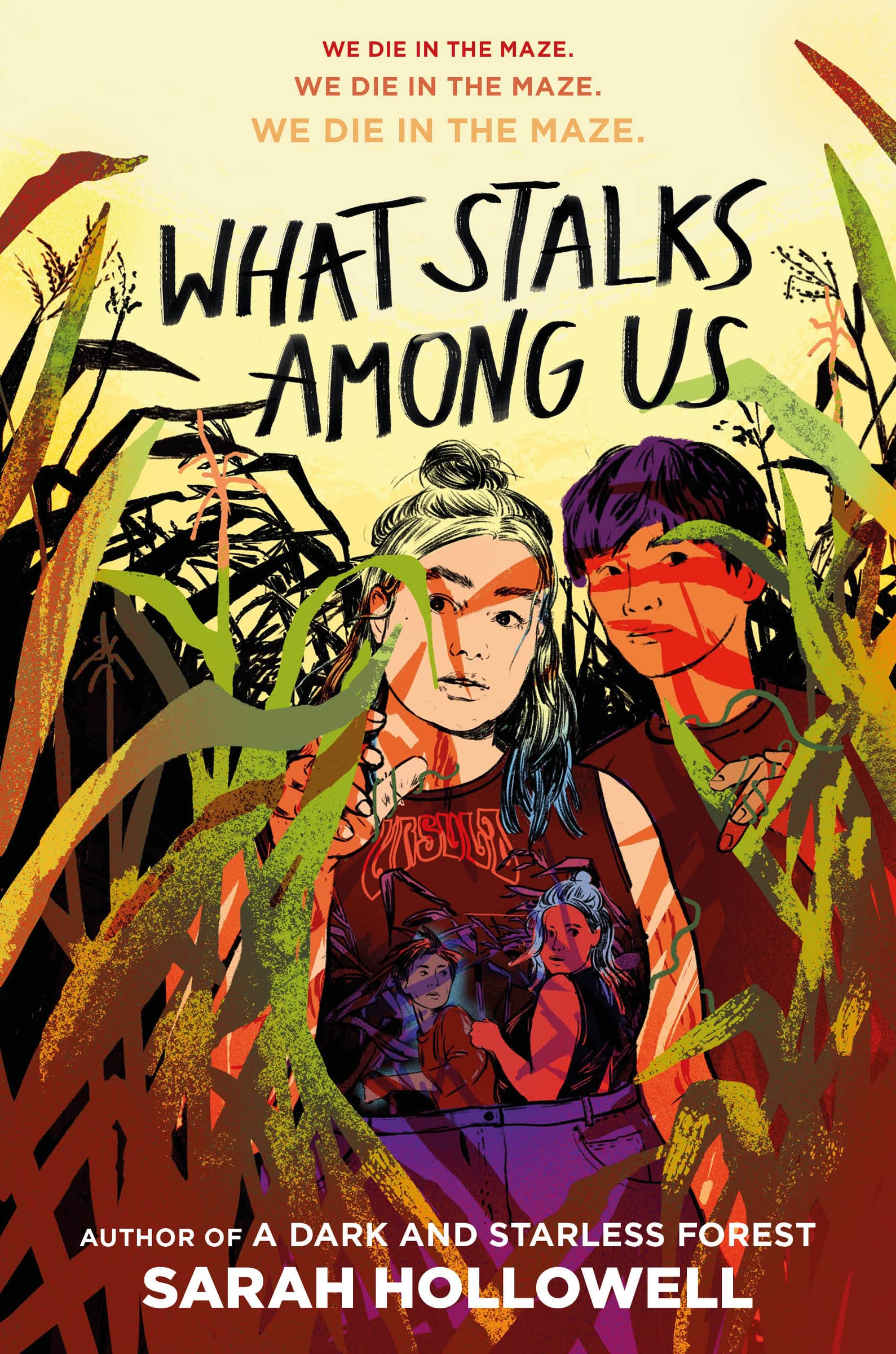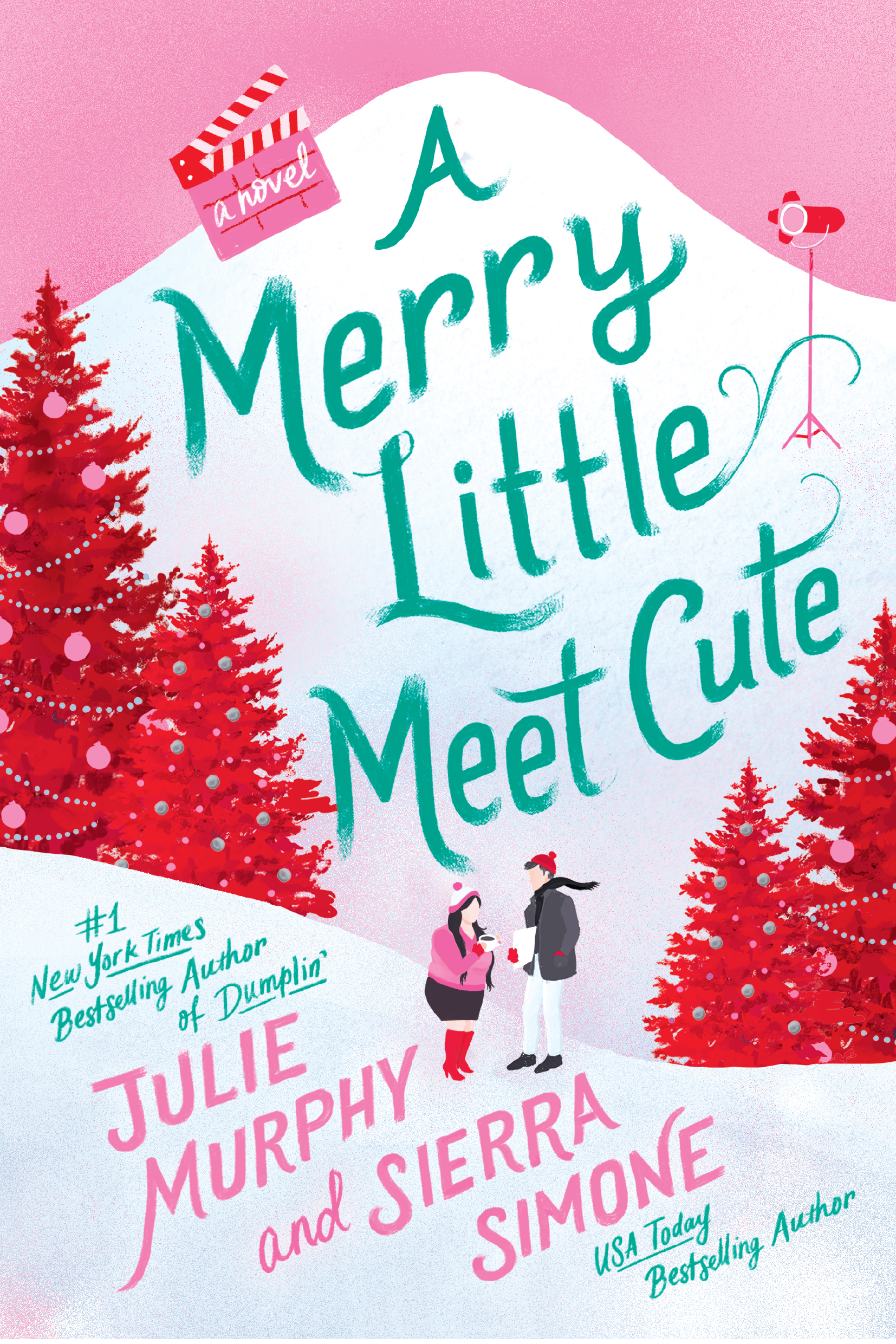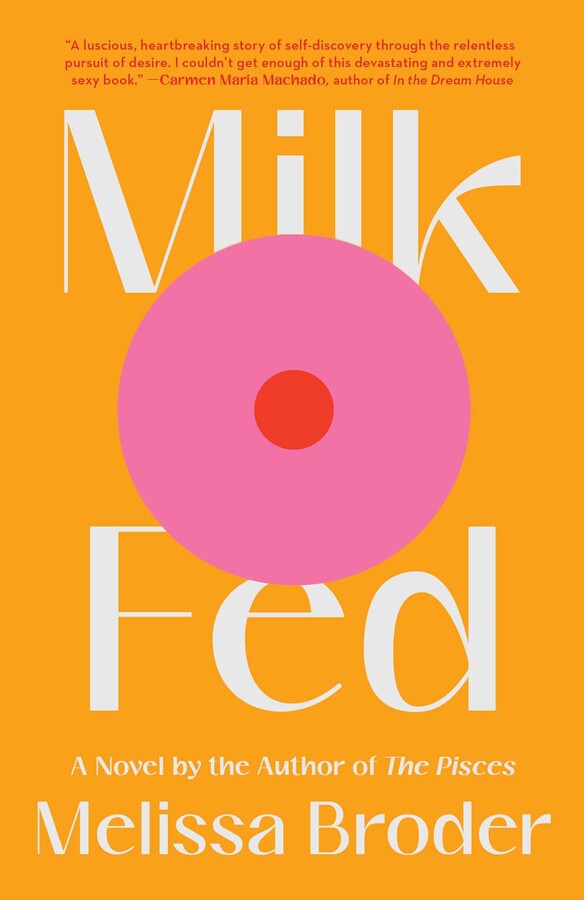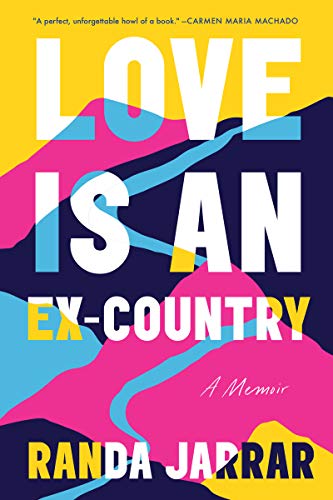Bookshop.org Affiliate Link I don’t know if this book will be for everyone, but it was a perfect read for me. The premise of this YA horror novel is that two friends get lost in an ever-shifting corn maze, and then they find their own dead bodies in the maze and have to figure outRead More
GBBO, but Sapphic and Bangladeshi: The Dos and Donuts of Love by Adiba Jaigirdar
Bookshop.org Affiliate Link Adiba Jaigirdar, author of The Henna Wars and Hani and Ishu’s Guide to Fake Dating, has become known for her compulsively readable teen romances centering queer Bangladeshi-Irish characters. Her newest novel, The Dos and Donuts of Love, tackles fatphobia, racism, and familial expectations, this time on the set of a nationally televised baking competition. Seventeen-year-old ShireenRead More
Meagan Kimberly reviews Make You Mine This Christmas by Lizzie Huxley-Jones
Christopher and Haf meet at a university Christmas party one night and after drunkenly kissing under the mistletoe, they’re mistaken for a couple. Rather than own up to the truth that they were simply strangers making out at a party, they go along with the idea. Haf agrees to fake date Christopher during the breakRead More
Danika reviews A Merry Little Meet Cute by Julie Murphy and Sierra Simone
Amazon Affiliate Link | Bookshop.org Affiliate Link Note: This a HarperCollins title. The HarperCollins union has been on strike since November 10th, asking for better pay, more diversity initiatives, and union protections. Learn more at their site. I have never read (or watched) such a horny holiday romance. This is an M/F bisexual/bisexual romance thatRead More
Danika reviews Bad Things Happen Here by Rebecca Barrow
Amazon Affiliate Link | Bookshop.org Affiliate Link One of my favourite YA books is This is What it Feels Like by Rebecca Barrow, so when I saw Barrow was coming out with another sapphic YA title, I knew I had to pick it up. But while This Is What It Feels Like is a heartwarmingRead More
Nat reviews D’Vaughn and Kris Plan a Wedding by Chencia C. Higgins
Amazon Affiliate Link | Bookshop.org Affiliate Link One of my favorite romance tropes is the fake relationship – I just can’t resist it. So there was little doubt that watching D’Vaughn and Kris plan a fake wedding would be absolutely delightful. The story is centered around a reality show called Instant I Do and toldRead More
Maggie reviews Witchlight by Jessi Zabarsky
Amazon Affiliate Link | Bookshop.org Affiliate Link Witchlight by Jessi Zabarsky is a cute adventure graphic novel about Sanja, a girl with troublesome brothers and a family that doesn’t understand her, and Lelek, a witch trying to survive on her own as she journeys across the countryside. When someone catches Lelek cheating them and causesRead More
Kayla Bell reviews Love is an Ex-Country by Randa Jarrar
Amazon Affiliate Link | Bookshop.org Affiliate Link Love is an Ex-Country is part memoir, part essay collection. It touches on a variety of topics, from racism to queerness to fatphobia to Arab identity, while always keeping an engaging, almost playful tone. There are many reasons why it worked for me so well. Before I getRead More
Danika reviews Milk Fed by Melissa Broder
There are some books–very rarely–that I read and form such a personal attachment to that I don’t want to share them with the world. This is one of them. I picked it up based on the fact that it was queer and had a blurb from Carmen Maria Machado; that was about all I knewRead More
Danika reviews Love is an Ex-Country by Randa Jarrar
I can’t resist a book with a Carmen Maria Machado blurb, so I picked this up knowing very little about it. In theory, this is about Randa Jarrar’s road trip across the U.S., inspired by Tahia Carioca’s cross-country road trip. It took place in 2016 as a way to re-engage with her country, trying toRead More



